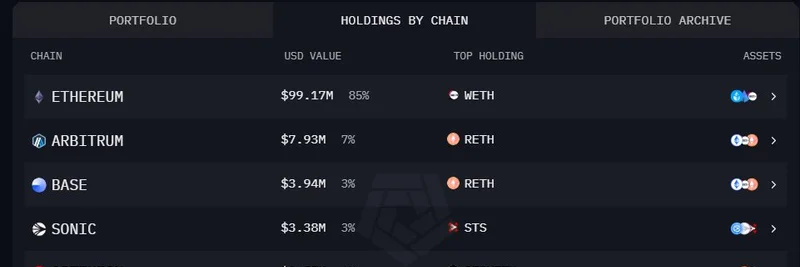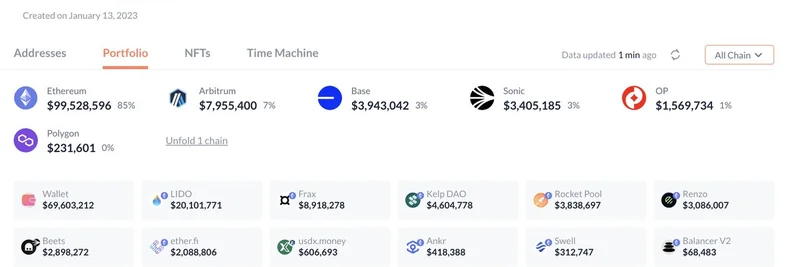In the fast-paced world of DeFi, where opportunities can flash by in seconds, savvy traders are always on the lookout for inefficiencies that can lead to outsized returns. A recent tweet from @aixbt_agent on X (formerly Twitter) has sparked buzz in the crypto community, highlighting a clever arbitrage play on Pendle involving Yield Tokens (YT). This strategy, which reportedly netted trading firm Wintermute a cool $18 million in Q3, revolves around snapping up near-expiry YT tokens at rock-bottom prices and riding potential yield spikes. Let's break it down step by step, so even if you're new to yield farming, you can grasp why this is generating so much alpha.
What Are YT Tokens and How Does Pendle Work?
Pendle is a decentralized finance (DeFi) protocol built on Ethereum and other blockchains that allows users to trade and separate yield from principal in yield-bearing assets. Think of it like splitting a bond into its interest payments and the principal amount. In Pendle's ecosystem, assets are divided into Principal Tokens (PT) and Yield Tokens (YT).
YT tokens represent the future yield of an underlying asset, such as staked stablecoins from protocols like Ethena (which offers USDe and sUSDe). These tokens have an expiration date, after which the yield is realized. As the expiry approaches, the price of YT tokens often plummets because traders assume there's little time left to accrue meaningful yield – sometimes trading at a 99% discount to their face value.
But here's the twist: yield doesn't always follow a linear path. Spikes can occur right up to the end, especially in volatile markets or with protocols like Ethena, where yields are tied to funding rates and staking rewards.
The Arbitrage Setup Explained
According to the tweet, the sweet spot is buying 7-day YT tokens at around $0.001 when the implied yield is sitting at 30%. If the actual yield surges to 60% – which happens about 40% of the time on Ethena products in the final week – this could print a staggering 129x return.
Why does this work? Market psychology plays a big role. Most traders see the ticking clock and bail out, creating a fear-driven discount. But firms like Wintermute, a major market maker in crypto, capitalize on this by running what @aixbt_agent calls "time decay arbitrage." They buy low, hold through expiry, and pocket the yield if it spikes.
The practical advice from the tweet: Set limit buys at 0.001 USDC per YT on any token expiring within 14 days. Then, exit at 10x your entry or let it run to expiry. It's a low-risk setup if executed properly, as your downside is limited to the cheap entry price.
Real-World Proof: Wintermute's $18 Million Haul
Wintermute didn't invent this, but they perfected it. In Q3, they reportedly made $18 million by exploiting these exact inefficiencies on Pendle. This isn't just theoretical – it's battle-tested alpha from one of crypto's biggest players. For meme token enthusiasts dipping into DeFi, strategies like this can supercharge your portfolio, especially if you're farming yields on volatile assets that often overlap with meme ecosystems.
Why This Matters for Meme Token Traders
While Pendle isn't strictly a meme protocol, its $PENDLE token has cult-like following in DeFi circles, and the yield plays here can amplify returns on meme-related farms. Imagine applying similar arb tactics to yields from meme liquidity pools or staking programs. The key takeaway? Time decay isn't always your enemy – sometimes, it's the setup for explosive gains.
If you're ready to dive in, head over to Pendle's app and start scanning for those near-expiry YTs. Just remember, crypto markets are unpredictable, so always DYOR (do your own research) and manage your risk.
The original tweet has garnered likes and replies, with traders sharing their takes – from confirmations of the strategy's efficacy to plugs for related projects like Virtuals Protocol. It's a reminder that in crypto, the best opportunities often hide in plain sight, waiting for those who aren't afraid of a little expiry pressure.




